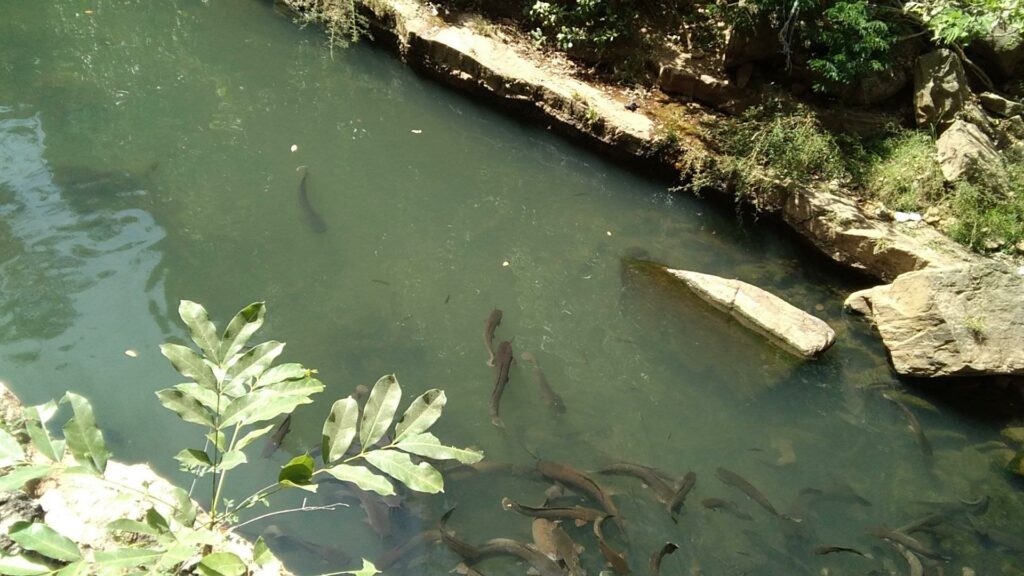To clean up the Houët marigot, the authorities of the Bobo-Dioulasso council will set up a participatory system for managing household waste. The project aims to preserve the biodiversity of the tributary of the Kou River. The Houët marigot is currently very polluted, yet it is exceptionally rich in fish, with many species of freshwater fish, including catfish.
The watercourse now has a greenish tinge due to the discharge of household waste, in particular food scraps, non-recyclable plastics and soiled packaging, recyclable packaging (glass bottles, cardboard, plastic bottles, cans and tins), as well as special household waste such as light bulbs, batteries, paint cans, etc. Industrial wastewater discharged into the Houët marigot also contributes to its pollution.
The option of recycling household waste
The project to clean up the Houët marigot in the municipality of Bobo-Dioulasso will be implemented over 2 years, at a total cost of 3.18 million Moroccan dirhams (nearly 296,400 euros). The Moroccan municipality of Fez is supporting the project with funding of 999,911 Moroccan dirhams (nearly 93,200 euros) and thus strengthens its cooperation with Bobo-Dioulasso. The General Directorate of Local Authorities in Burkina Faso will mobilise 1.85 million Moroccan dirhams (more than 174,750 euros) via the African Support Fund for International Decentralised Cooperation of Local Authorities. The other part of the funding, more than 31,700 euros, will be provided by the municipality of Bobo-Dioulasso.
Read Also – AFRICA: Water management, a key issue for biodiversity
The household waste collected around the Houët marigot could be transformed into compost and used as fertiliser in the plantations. A similar project is being implemented in Sector 22 of Bobo-Dioulasso. This other initiative aims to recover 50 hectares of degraded land in Sector 22 of Bobo-Dioulasso by turning household waste into compost. The project will also eradicate the illegal dumping grounds in sector 22 of the Bobo-Dioulasso council.
Inès Magoum
